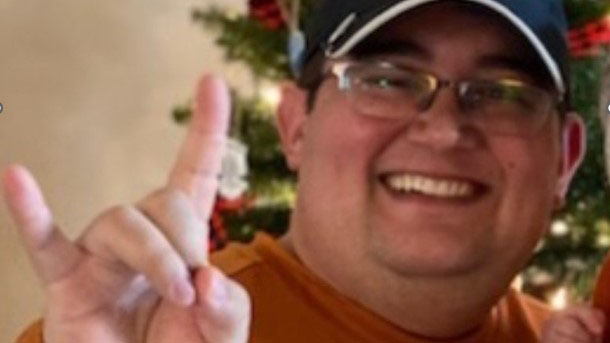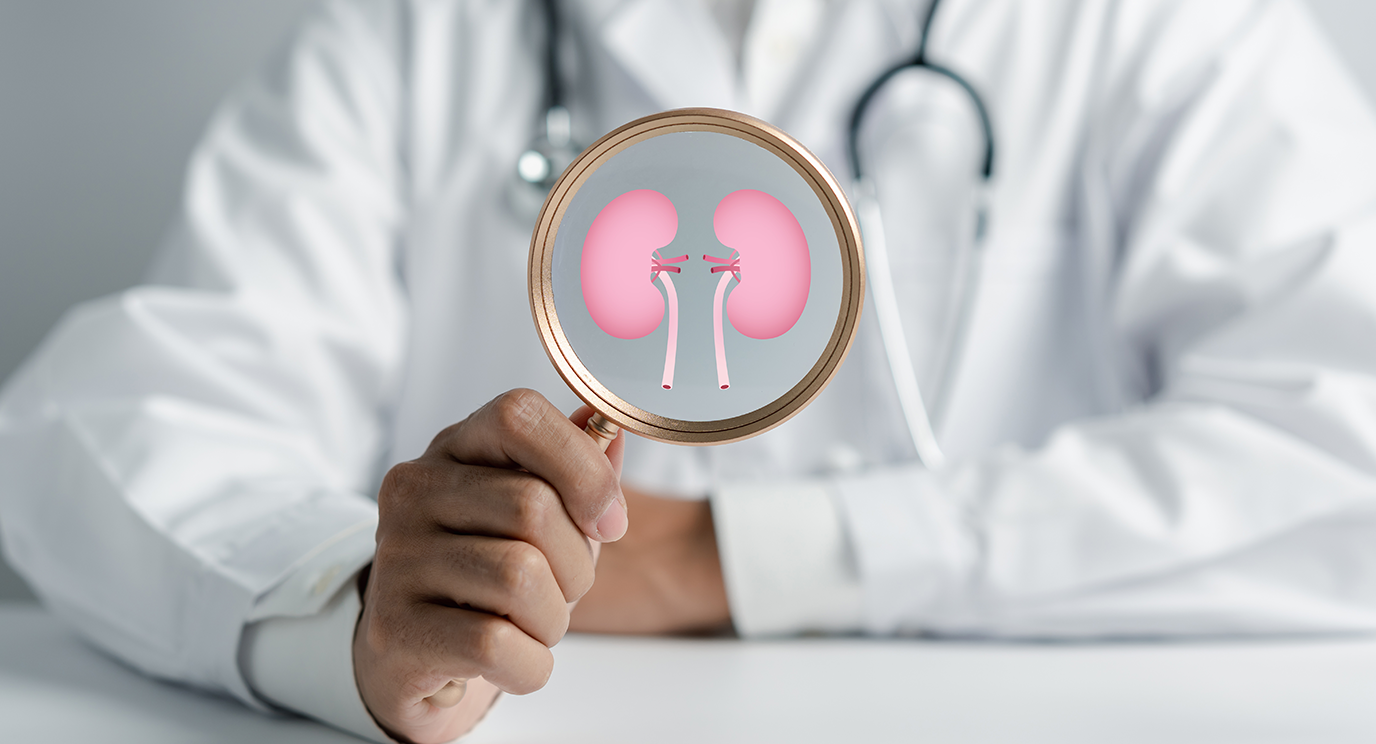- Diseases
- Acoustic Neuroma (14)
- Adrenal Gland Tumor (24)
- Anal Cancer (66)
- Anemia (2)
- Appendix Cancer (16)
- Bile Duct Cancer (28)
- Bladder Cancer (68)
- Brain Metastases (28)
- Brain Tumor (228)
- Breast Cancer (712)
- Breast Implant-Associated Anaplastic Large Cell Lymphoma (2)
- Cancer of Unknown Primary (4)
- Carcinoid Tumor (8)
- Cervical Cancer (154)
- Colon Cancer (164)
- Colorectal Cancer (110)
- Endocrine Tumor (4)
- Esophageal Cancer (42)
- Eye Cancer (36)
- Fallopian Tube Cancer (6)
- Germ Cell Tumor (4)
- Gestational Trophoblastic Disease (2)
- Head and Neck Cancer (6)
- Kidney Cancer (124)
- Leukemia (344)
- Liver Cancer (50)
- Lung Cancer (288)
- Lymphoma (284)
- Mesothelioma (14)
- Metastasis (30)
- Multiple Myeloma (98)
- Myelodysplastic Syndrome (60)
- Myeloproliferative Neoplasm (4)
- Neuroendocrine Tumors (16)
- Oral Cancer (98)
- Ovarian Cancer (172)
- Pancreatic Cancer (166)
- Parathyroid Disease (2)
- Penile Cancer (14)
- Pituitary Tumor (6)
- Prostate Cancer (144)
- Rectal Cancer (58)
- Renal Medullary Carcinoma (6)
- Salivary Gland Cancer (14)
- Sarcoma (234)
- Skin Cancer (294)
- Skull Base Tumors (56)
- Spinal Tumor (12)
- Stomach Cancer (60)
- Testicular Cancer (28)
- Throat Cancer (90)
- Thymoma (6)
- Thyroid Cancer (98)
- Tonsil Cancer (30)
- Uterine Cancer (78)
- Vaginal Cancer (14)
- Vulvar Cancer (18)
- Cancer Topic
- Adolescent and Young Adult Cancer Issues (20)
- Advance Care Planning (10)
- Biostatistics (2)
- Blood Donation (18)
- Bone Health (8)
- COVID-19 (362)
- Cancer Recurrence (120)
- Childhood Cancer Issues (120)
- Clinical Trials (622)
- Complementary Integrative Medicine (22)
- Cytogenetics (2)
- DNA Methylation (4)
- Diagnosis (224)
- Epigenetics (6)
- Fertility (62)
- Follow-up Guidelines (2)
- Health Disparities (14)
- Hereditary Cancer Syndromes (122)
- Immunology (18)
- Li-Fraumeni Syndrome (8)
- Mental Health (116)
- Molecular Diagnostics (8)
- Pain Management (64)
- Palliative Care (8)
- Pathology (10)
- Physical Therapy (18)
- Pregnancy (18)
- Prevention (882)
- Research (384)
- Second Opinion (74)
- Sexuality (16)
- Side Effects (598)
- Sleep Disorders (10)
- Stem Cell Transplantation Cellular Therapy (216)
- Support (404)
- Survivorship (324)
- Symptoms (182)
- Treatment (1764)
Why one prostate cancer patient traveled across the country for proton therapy
2 minute read | Published February 19, 2014
Medically Reviewed | Last reviewed by an MD Anderson Cancer Center medical professional on February 19, 2014
Doug Neal didn't waste a moment. After his prostate cancer diagnosis, he started researching, determined to find the best treatment. He talked to his friends and friends of friends. He consulted doctors and read books and various articles. Finding the right care that would help him beat prostate cancer was crucial.
"I have people relying on me to stick around," Doug says.
Researching prostate cancer treatment
Two years ago, Doug's wife passed away after 23 years of marriage. The youngest of their children was still in high school.
"I became Mr. Mom," Doug says. It was an unexpected role for a commercial fisherman.
When Doug received his prostate cancer diagnosis, he was busy helping his son finish high school and to start a career as a chef. Another son's wife had just learned a baby was on the way -- Doug's first grandchild. Cancer didn't fit into the picture.
Doug was determined to beat cancer. He learned about proton therapy treatment at MD Anderson. Proton therapy treatment is a form of external beam radiation that uses particles to treat and destroy tumors. It's often used to treat cancer in sensitive areas because it can focus specifically on the tumor, while protecting the area around it. Patients undergoing proton therapy treatment may experience fewer side effects than other types of cancer treatment.
While it was miles away from his home in Everett, Wash., Doug knew MD Anderson was the best choice.
Coming to MD Anderson for proton therapy treatment
Doug arrived in Houston for his proton therapy treatment in early January 2014. Not knowing what to expect, he couldn't help but feel nervous.
His fears subsided once he met his medical team. Talking with other proton therapy patients and hearing their stories helped Doug feel more confident in his decision to travel across the country for cancer treatment.
"There's a little fear of the unknown when you arrive," he says. "But I couldn't ask for better treatment."
Leaving home wasn't easy for Doug. While he was away, his daughter moved in to look after his house, her younger brother and the family dog.
"We're all just taking care of each other right now," he says.
But in the end, Doug's decision to travel for cancer treatment was worth it, he says. He is half way through this treatment and says he feels great, despite the hot flashes from his hormone therapy. He's already made plans for when his treatment ends in March: a trip to the Houston Rodeo.
His advice to other cancer patients?
"Don't do it for convenience," he says. "Do it for results."
Related Cancerwise Stories

There's a little fear of the unknown when you arrive. But I couldn't ask for better treatment.
Doug Neal
Survivor





